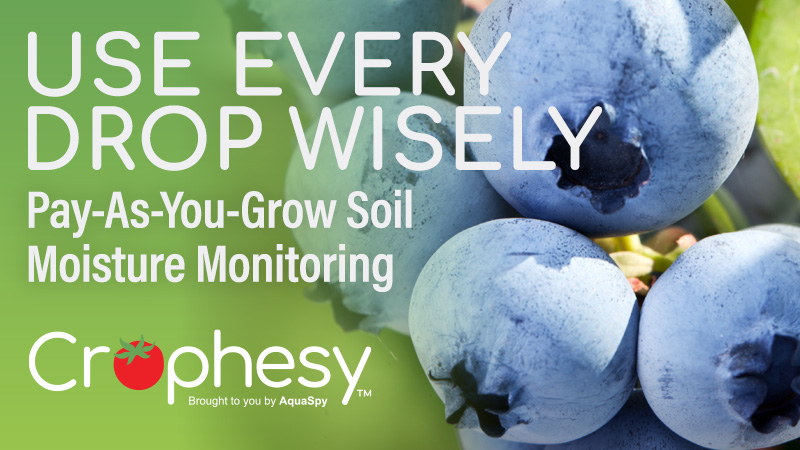No Easy Task in Tracing Florida Tomato Trade Troubles
While trade battles have been big news in recent years as the Trump administration seeks to reset the table with key trading partners, Florida tomato growers have felt the pressure of foreign imports dumped on their market since the North American Free Trade Agreement (NAFTA) came into effect in 1994. And the new United States-Mexico-Canada-Agreement (USMCA) doesn’t seem to bring any more protections to domestic producers.
Florida Grower asked Michael Schadler, Executive Vice President of the Florida Tomato Exchange (FTE), to provide a history of the state’s long running trade dispute with Mexico.
Here’s what he had to say.
Did Florida tomato growers fully appreciate the damage NAFTA would do to their market at the time of its passage?
Schadler: Yes, the industry knew NAFTA would open the flood gates for cheap imports.
When was the original action taken to respond to Mexican imports?
Schadler: Less than two years after NAFTA was enacted, the U.S. tomato industry, led by the Florida Tomato Exchange, filed an antidumping suit against Mexican tomato imports.
What was the initial suspension agreement intended to do?
Schadler: The industry didn’t originally want a suspension agreement. The objective was to obtain antidumping duties on Mexican imports to prevent low-priced dumping that was putting Florida growers out of business. The industry, however, was persuaded in 1996 to support a suspension agreement that would suspend the antidumping investigation. The agreement’s statutory intent was to prevent further dumping and injury to the domestic industry.
In what ways and why did it fail?
Schadler: There were four different suspension agreements that ran from 1996 through May 2019. None of them worked as intended. Many of the provisions that looked good on paper were unenforceable, but there were also loopholes that allowed the intent of the agreement to be circumvented, even if the letter of the law was not.
During the first 22 years of the various suspension agreements, Mexican tomato growers increased their U.S. market share from 32% to 54%, while the market share for U.S. tomato producers decreased from 65% to 40%. Over the last 15 years, U.S. tomato production declined by 34% — from 4.4 billion pounds to 2.9 billion pounds. During that same period, Mexican tomato imports to the U.S. skyrocketed 125% — from 1.6 billion pounds to 3.6 billion pounds.
The statistics are even more stark during the Florida season when Mexican import volume is at its peak. Over the last 20 years, during the Florida season, the ratio of Mexican imports to Florida production has shifted from 60:40 in favor of Florida to 70:30 in favor of Mexico. During that time, the Florida industry has gone from approximately 300 growers to less than 50.
Please provide background on the most recent suspension agreement negotiations and where they stand now?
Schadler: After two years of negotiations and the resumption of the antidumping investigation in May 2019, a new suspension agreement was signed on September 19, 2019. The new agreement includes strong monitoring, enforcement and anti-circumvention provisions, including border inspections, that should help eliminate the injury to American tomato farmers caused by dumped Mexican tomatoes. The border inspections, which don’t begin until April 1, 2020, will only cover about 66% of imported Mexican tomatoes, but this provision should discourage dumping of low-quality and defective tomatoes, which have been depressing prices and injuring U.S. tomato producers for years.
What are the next steps for the current suspension agreement?
Schadler: The agreement, like any trade agreement, will only work if it is enforced. The FTE is working with the Commerce Department and the USDA to ensure that the agreement is enforced vigorously and to identify and stop all efforts to circumvent or undermine its provisions, especially the border inspection system once it begins.
We are cautiously optimistic that this new agreement will be more effective than its predecessors. If, however, the agreement proves prone to cheating or violations, we will present such evidence to the Commerce Department and advocate for appropriate action.
Outside of the suspension agreement, what other actions could be taken to protect Florida tomato growers from unfair trade practices?
Schadler: When it comes to unfair trade practices, U.S. trade law provides two options for effected domestic industries: The first option is an antidumping investigation, which is what the Florida tomato industry has been involved in since 1996, and which has resulted in the various suspension agreements. The second option is what’s known as a countervailing duty investigation, which investigates illegal government subsidies. We are evaluating whether to petition for a countervailing duty investigation since it’s well known that Mexican tomato growers have received significant subsidies from the Mexican government.
What is the FTE’s position on the USMCA?
Schadler: The FTE does not have an official position on this because our antidumping case and the suspension agreement make it so that the tomato industry doesn’t operate within the normal free trade environment governed by NAFTA and the soon-to-be enacted USMCA. Many of our grower members, however, are disappointed that USMCA doesn’t offer any new protection or recourse for seasonal producers of perishable products impacted by low-priced imports.











